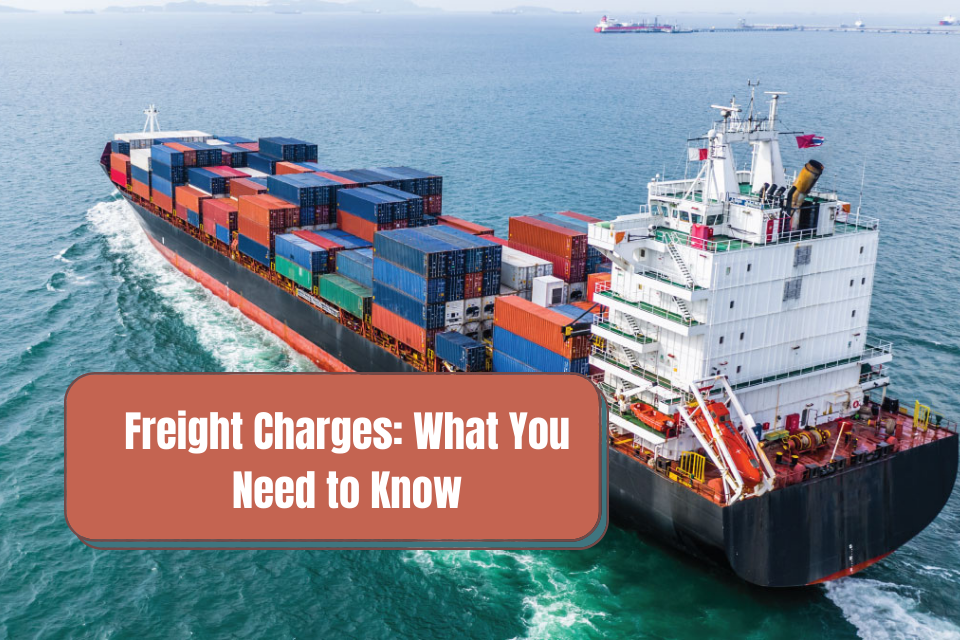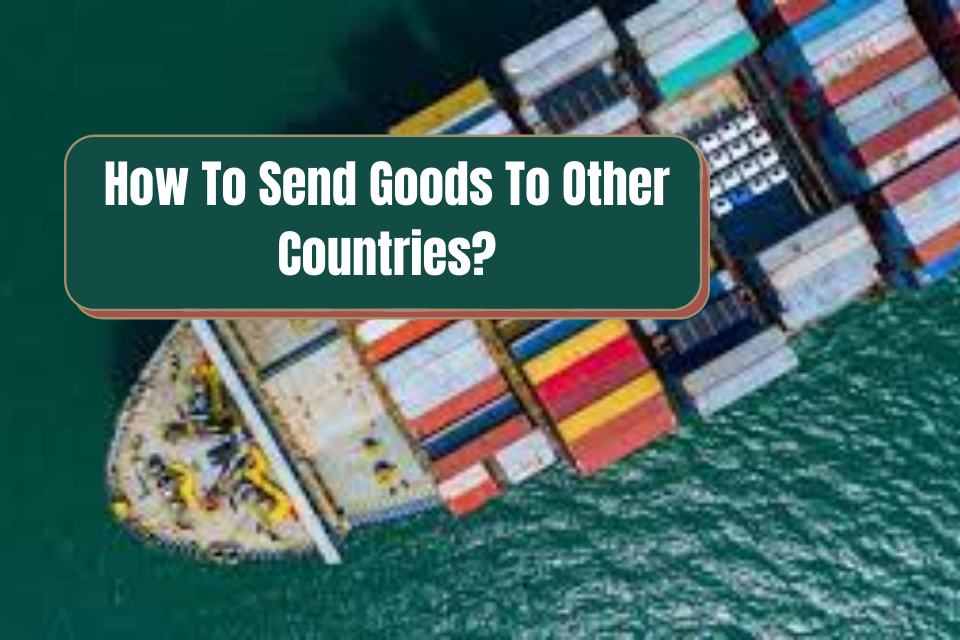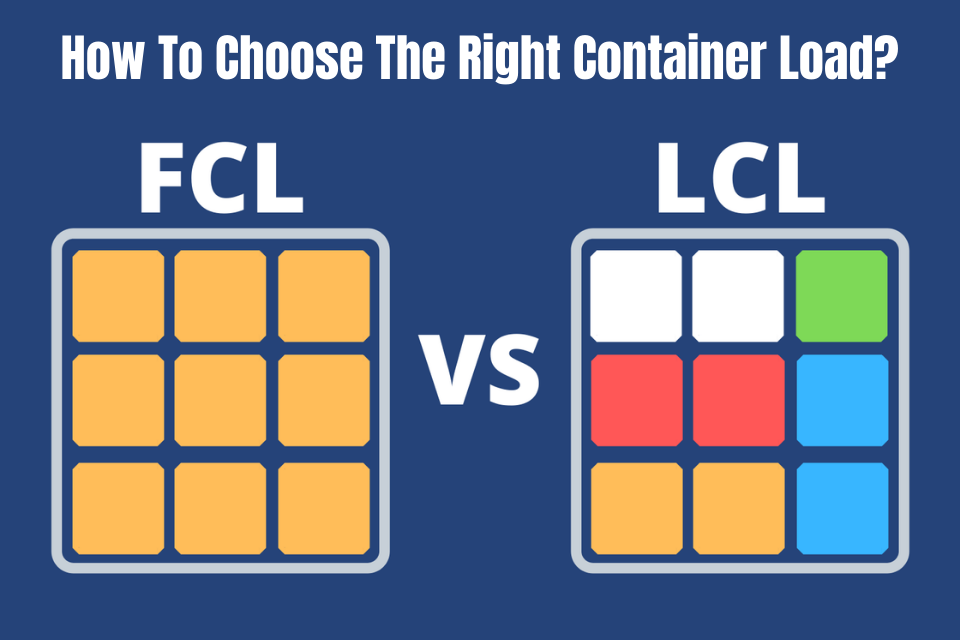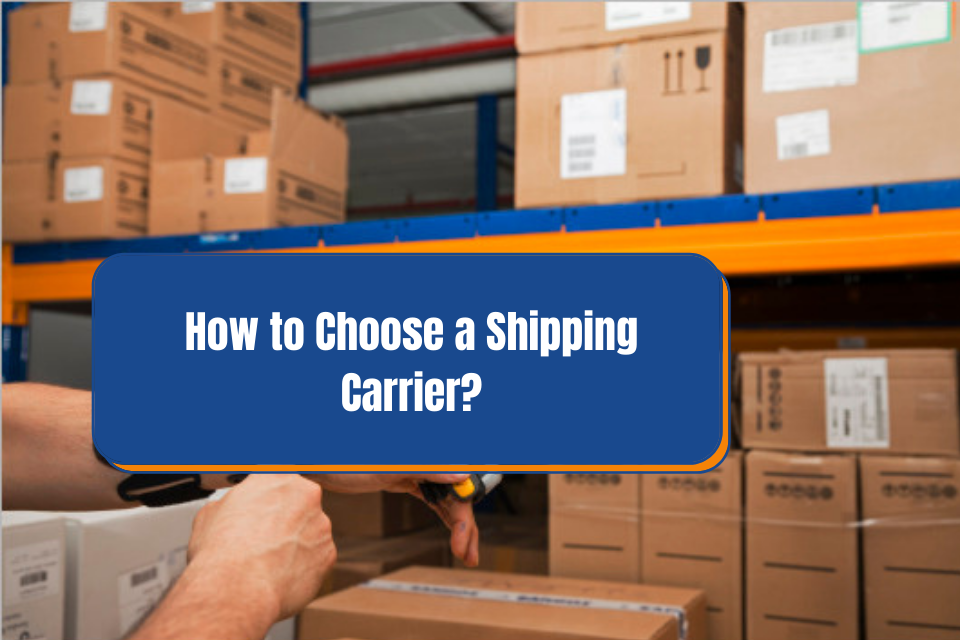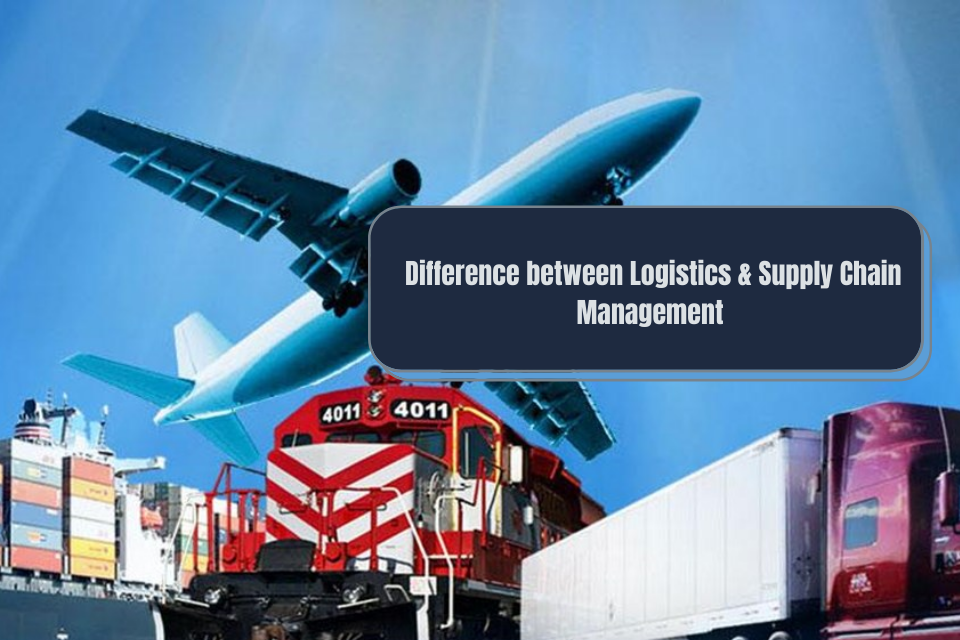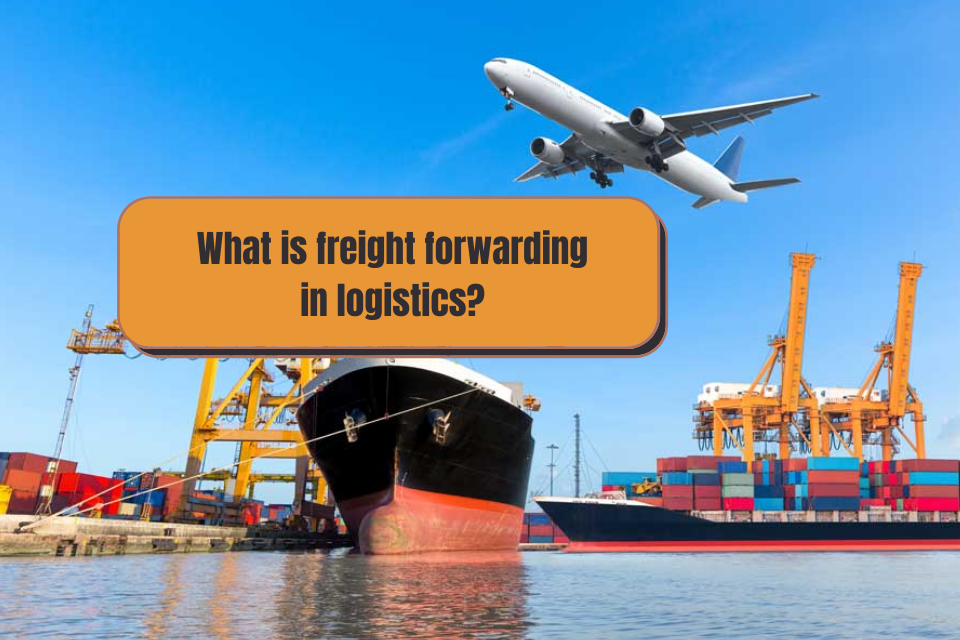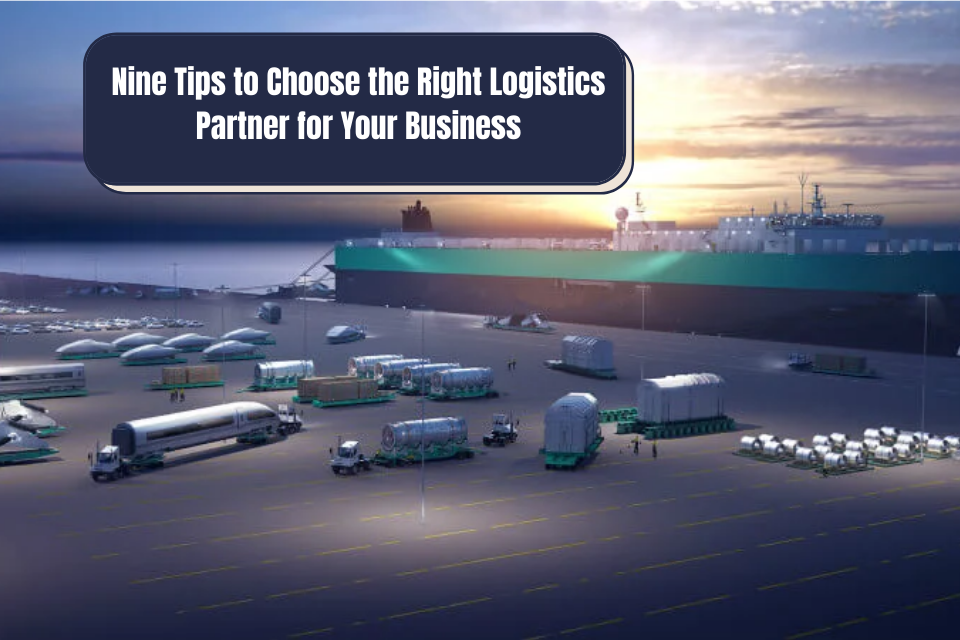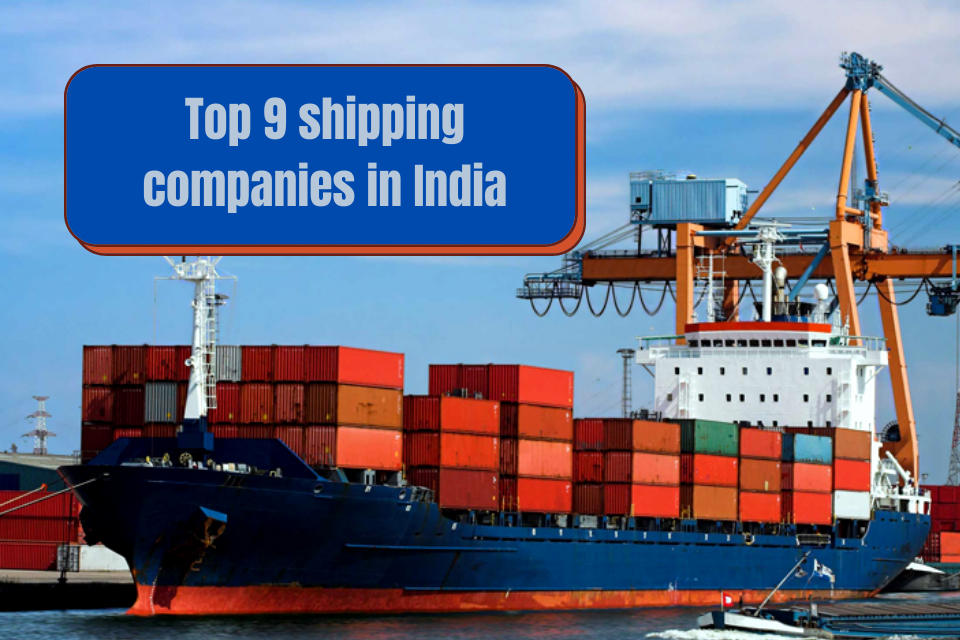The complexity of providing timely and cost-effective distribution of finished goods from industrial facilities to customers all in the correct amounts in a timely fashion and coordination with production processes, despite suspicion due to the self-sufficient decision-making of clients, is daunting. As your business needs to know the freight costs of your logistics, this blog will try, unpack and help you understand the freight charges and their different types.
Freight is the transportation of goods, thus, the charge that gets levied to deliver cargo from its site to its destination by any carrier is recognized as freight charges. The freight charge is calculated based on the type of mode of transportation that you select for the transportation of your goods and that includes packaging, palletizing, load or unload costs, carrier fees, and insurance costs. The amount of freight charge depends on the distance between the pickup place and the place of destination to deliver the cargo and is paid by the person who wants the goods transported.
Freight companies charge different freight charges as the total weight of the goods, and the distance that the goods will travel is also taken into account while calculating.
The shipment of goods may be transported from one location to another using freight prepaid or freight collected based on the incoterm rules. For calculating freight charges, many shipping services, especially air carriers, use a dimensional weight that takes into account both weight and the volume of the transporting goods.
The purpose of taking the volume into account is to assess the space that the freight will take up in the transporting mode and you can select to transport your freight on a ship or airplane among other modes.
There are over ten types of freight charges and among those; the prevalent type is the consignee collect. Let’s check out the detailed explanations of the different types of freight charges that are important for smooth and profitable freight shipping.
1. Consignee Collects
The consignee is a buyer responsible for paying all the freight charges once they get the delivery. The consignee, typically the buyer, is considered responsible for customs declarations (a statement showing goods being imported) and they will also have to fill out forms and file necessary taxes.
2. Cash on Delivery (COD)
Once the goods are delivered, the carrier collects freight charges and then forwards the payment submitting them to the shipper for reimbursement. For this type, the carrier usually charges an additional fee for the service.
3. Third-Party
A third party typically refers to a professional logistics company that pays the freight charges on behalf of a shipper or consignee. This option is especially helpful when the freight order is more complicated or the consignee receiving the shipment is new to the business and lacks experience.
4. Prepay and Add
In this type of charge, the shipper pays for freight and then charges the customer. This option benefits the customer and works if the customer-shipper relationship is good. In this situation, the shipper can often negotiate better deals than the customer could do on his own.
5. Free-on-Board (FOB) Origin
Free-on-Board (FOB) implies that the supplier gives up its rights to the merchandise and pays for the shipping cost which usually includes insurance costs from production to a specified destination, after which it becomes the responsibility of the buyer.
In FOB Origin the buyer is accountable for freight and damaged goods even if no FOB terms were communicated or mentioned in the contract or purchase order and in a FOB charging situation, the same goes for consignees at the shipper’s dock. The same rule gets applied to the consignee, the consignee pays all of the associated costs and it will be the buyer’s responsibility if the goods get damaged in any way.
6. FOB Destination
In this case, the freight charges are paid by the shipper after the title for goods passes at the consignee’s dock. Therefore, the charge of the freight is prepaid before shipment.
7. FOB Origin, Freight Prepaid
This charge is similar to FOB Origin because the freight becomes the responsibility of the consignee at the shipper’s dock and here, the shipper pays all the necessary local freight charges.
8. FOB Destination, Freight Collect
As part of FOB Destination, the title for goods passes at the consignee dock, and the consignee must pay all freight charges.
9. FOB Origin, Freight Prepaid and Charged Back
In this system, the freight becomes the responsibility of the consignee at the shipper’s dock while the charges for the freight are paid by the agent of the consignee at the origin. The shipper later sends an invoice to the consignee for the freight charges paid by the shipper.
10. FOB Destination, Freight Collect, and Allowed
Once the goods reach the destination after the title for goods passes at the consignee dock, the consignee pays the carrier’s freight charges along with the local carrier charges. Then deducts the freight charges from the seller’s invoice for the goods but here the risk and responsibility fall on the consignee to pay and settle all the charges at the destination.



